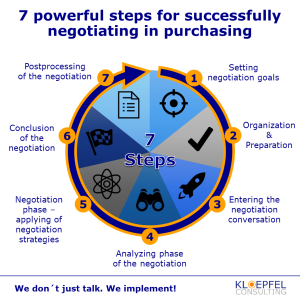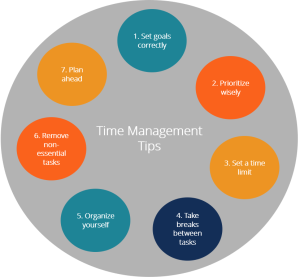
In today’s fast-paced and highly competitive business world, conflicts are bound to arise in any workplace, especially in the tech industry where dynamic personalities and diverse perspectives collide. Effectively managing these conflicts is crucial for building stronger teams and boosting overall productivity. Conflict resolution training provides valuable tools and strategies that allow individuals to address and resolve conflicts with professionalism and respect.
The Importance of Conflict Resolution Skills
Conflict resolution skills play a pivotal role in fostering a positive work environment, enhancing collaboration, and ensuring efficient team dynamics. When conflicts are left unaddressed or handled poorly, they can escalate quickly, leading to decreased morale, hindered innovation, and reduced productivity.
Effective conflict resolution helps employees at all levels navigate disagreements, clarify misunderstandings, and find mutually beneficial solutions. It promotes open communication, builds trust, and fosters a culture of respect, leading to stronger working relationships and improved team cohesion.
The Benefits of Conflict Resolution Training
Conflict resolution training equips individuals with the necessary skills and mindset to handle conflicts constructively. Investing in such training brings several benefits, including:
1. Enhanced Communication
Conflict resolution training enables individuals to communicate more effectively, even in challenging situations. It teaches active listening techniques, non-verbal cues, and the ability to express thoughts and opinions clearly and respectfully. Strong communication skills foster understanding and empathy, reducing the likelihood of conflicts escalating.
2. Improved Problem-Solving
Conflict resolution training focuses on problem-solving techniques that help individuals identify the root cause of conflicts and explore potential solutions. Participants learn to adopt a collaborative approach, encourage brainstorming, and think creatively to reach win-win outcomes. This promotes a problem-solving mindset while strengthening teamwork.
3. Conflict Prevention
By providing individuals with conflict resolution skills, training programs can help prevent conflicts from arising in the first place. Employees learn how to identify early signs of potential conflicts and employ proactive strategies to address them promptly. This proactive approach minimizes the negative impact of conflicts on team productivity.
4. Emotional Intelligence Development
Conflict resolution training often emphasizes the development of emotional intelligence, which plays a vital role in dealing with conflicts effectively. Participants learn to manage their emotions, understand the emotions of others, and respond appropriately. Emotional intelligence promotes empathy and understanding, creating a supportive and conducive work environment.
5. Strengthened Team Cohesion
When conflicts are managed and resolved effectively, team members develop a deeper level of trust and respect for one another. Conflict resolution training fosters collaboration and encourages team members to see conflicts as growth opportunities. By approaching conflicts with a cooperative mindset, teams can collectively address challenges, learn from each other, and become stronger and more cohesive.
The Role of Conflict Resolution Training in Tech Companies
In the fast-paced and rapidly evolving tech industry, conflicts can be especially prevalent due to the high-pressure nature of the work and the diverse range of personalities and expertise involved. Conflict resolution training is particularly valuable in tech companies, as it:
1. Promotes Innovation
Effective conflict resolution fosters an environment where diverse perspectives are valued and heard. By encouraging open dialogue and constructive debate, tech companies can tap into the collective intelligence of their teams and drive innovation. Conflict resolution training enables employees to navigate disagreements without compromising creativity or productivity.
2. Supports Agile Methodologies
The agile methodologies widely adopted in the tech industry rely on effective collaboration and teamwork. Conflict resolution training equips individuals with the skills to address conflicts that may arise when working in cross-functional teams or during intense project deadlines. It enables teams to stay focused and adapt quickly to changing requirements.
3. Retains Top Talent
A positive work environment, where conflicts are managed effectively, plays a significant role in employee satisfaction and retention. Conflict resolution training demonstrates a company’s commitment to supporting its employees’ growth and well-being. Tech companies that invest in conflict resolution training are more likely to attract and retain top talent.
In conclusion, conflict resolution training is essential for building stronger teams in the tech industry. It equips employees with the skills needed to navigate conflicts, fostering a more collaborative work environment, and boosting overall productivity. By investing in conflict resolution training, tech companies can address conflicts proactively, promote innovation, and retain their most valuable asset: their talented workforce.


